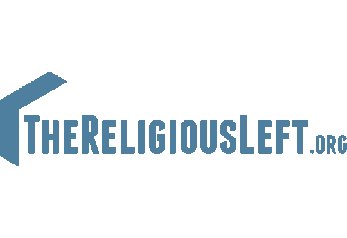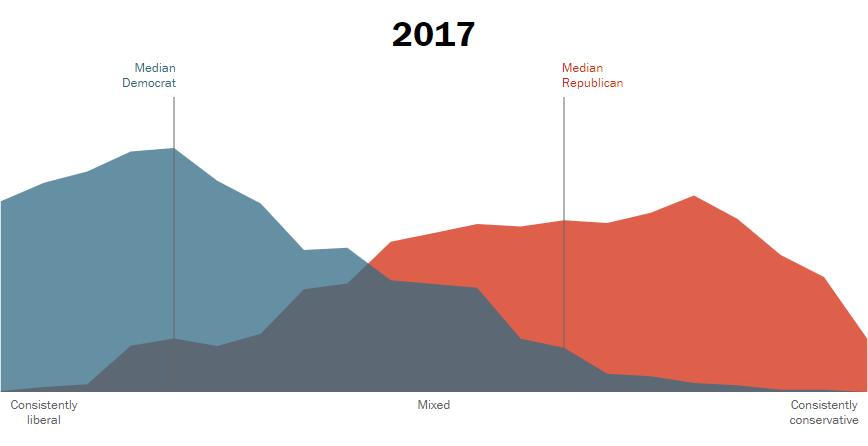Can someone name any US government programs that have worked? People focus so much in what doesn’t work although, actually, according to Douglas Amy, it is quite easy to acknowledge the success of several government programs. What follows is a short list from him of some of the federal government’s greatest accomplishments – policy programs that have not only worked, but have been very successful and have greatly improved the quality of life of most Americans. Regulation of the Business Cycle. Until the financial crisis that began in 2008, most of Americans had forgotten how dependent we are on the federal government to prevent economic depressions. Since the 1930s, the government has used a variety of monetary and fiscal policies to limit the natural boom and bust cycles of the economy. Before government took on this responsibility, severe depressions were a routine and recurring problem in this country – occurring no less than 7 times. Thanks to government intervention, it was possible to avoid the enormous amount of human suffering caused by these massive economic meltdowns – the widespread joblessness, the destitution, the rampant hunger, the disease, the riots, the hopelessness and the despair. Public Health Programs. A variety of programs run by the National Institutes of Health, the Centers for Disease Control and Prevention, and state and local Public Health departments have greatly improved the health of most Americans. For example, the scourges of polio, cholera, and smallpox have been effectively eradicated from this country – a huge achievement. And vaccination programs have reduced by 95% our risks of contracting potentially debilitating diseases like hepatitis B, measles, mumps, tetanus, rubella, and diphtheria. Federal funds spent on buying and distributing these vaccines have saved countless lives and the billions of dollars it would cost to treat these illnesses. The Interstate Highway System. Started by the Eisenhower administration in the 1950s, this system now forms the backbone of long-distance travel and commerce in the United States. It makes up less than 1% of our highways, but carries almost a quarter of all roadway traffic. It has also allowed millions of Americans to move out of big cities and live in more pleasant suburban and small town environments. In addition, the interstate system has the benefit of being considerably safer than the old two-lane highways it replaced – saving hundreds of thousands of lives. Even some conservatives have been forced to admit the success of this building program, with George Will calling it “the most successful public works program in the history of the world.” It’s hard to imagine the U.S. without this interstate highway system, and this system would not exist at all if it weren’t for the government. Federal Deposit Insurance. Another government program we’ve taken totally for granted until recently is federal protection of our bank deposits. In bad economic times, banks are inherently vulnerable to destructive “runs” – where worried depositors all seek to take out their money at the same time. Before the FDIC, in the depression of the 1930s, over 5,000 banks went bust and millions of Americans lost their savings. The main reason we had no disastrous runs on banks during the financial panic of 2008 was that government was there to guarantee those deposits. Social Security and Medicare. Without these two government programs, growing old would be hell for many Americans. Before Social Security and Medicare, millions of the elderly were doomed to spend their retirement years in poverty and illness. Social Security has cut the rate of poverty for the elderly by over half – from 29% in 1966 to 10% today. Medicare has also been incredibly successful. It has doubled the number of the elderly covered by health insurance, so that 99% now enjoy that benefit. Without this form of “socialized” medicine, 15 million of America’s neediest citizens would be going without many vital medical services and many would have to choose between food and medicine. Older Americans are now living 20% longer, thanks in part to this effective program. GI Bill. Without this program, the middle class as we know it would not exist. The GI Bill provided government funds for 16 million World War II and Korean veterans to attend college. Historian David Kennedy has remarked that “GI Bill beneficiaries changed the face of higher education, dramatically raised the educational level and hence the productivity of the workforce, and in the process unimaginably altered their own lives.” Federal Housing Authority. The middle class housing building and buying boom in the United States was initially financed by cheap GI Bill housing loans and by Federal Housing Authority insurance of conventional home loans. In 1945, only 44% of Americans owned their own home. But thanks in large part to the FHA program that lowered interest rates and down payments, 63% of Americans owned a home by 1968. These homes have become a multi-generational source of wealth for tens of millions of Americans. The FHA still insures over $50 billion a year in mortgages, and remains especially important for low-income house buyers. Consumer Protection. In reaction to increasing public pressure in the early 1970s, government began to pass legislation to protect consumers from shoddy and dangerous products. The Consumer Product Safety Commission remains the key agency enforcing these laws. The need it fills is still a vital one – products kill over 20,000 consumers a year and injure over 25 million more. It would be far worse if the CPSC did not recall hundreds of products every year. It is estimated that its activities produce $10 billion in savings on the health care bills, property damage, and other costs associated with these defective products.
Related Articles
creative programs for palestinian children
The Berggruen Institute for Governance
looking for the best practices
a documentary about the Commission for Reconciliation
progressive religious activism in the US
how do you overcome religious divisions?
news from Forbes's women Summit
Watch the wonderful documentary directed by Sean Fine and Andrea Nix Fine, and the story of three exceptional children preparing for a music competition.
Fishing in Troubled Waters: Political Polarization, Disruption, and Geopolitics.
Dominican Republic: Writing in OLBIOS, Ricardo David Ruiz Cepeda analyses tribal human nature, polarized societies, widespread social irrationality and possible ways to overcome it.
arguments of Steven Malanga
Is there such thing as a "happy" country?
depending on the definition, results are surprisingly different
![]()
STAY IN TOUCH
SUBSCRIBE TO OUR NEWSLETTER
AND RECEIVE OUR LATEST STORIES










